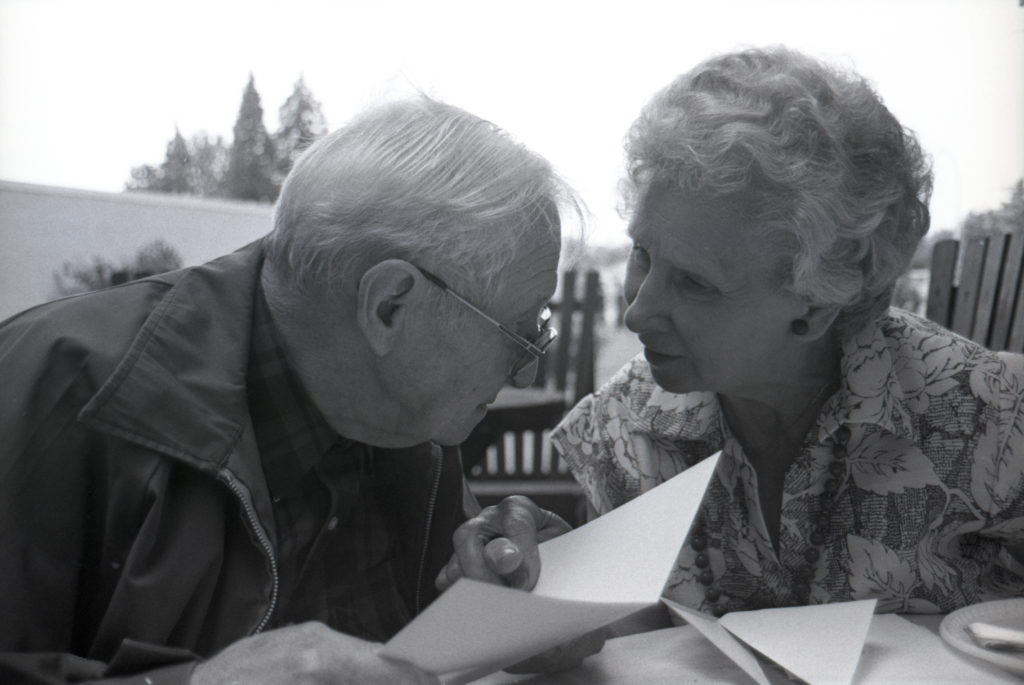The following piece was written from the perspective of a person needing care. Have you ever needed care in the way this person did? How would you like to have someone like the Samaritan looking after you? Can you imagine how good it would be to have someone like him—someone so much like Jesus—taking care of you?
. . . a Samaritan, as he traveled, came where the man was; and when he saw him, he took pity on him. He went to him and bandaged his wounds, pouring on oil and wine. Then he put the man on his own donkey, brought him to an inn and took care of him. The next day he took out two denarii and gave them to the innkeeper. ‘Look after him,’ he said, ‘and when I return, I will reimburse you for any extra expense you may have.’
Luke 10:33-35
What I most appreciate about Jesus is his humility. When caregivers use his attitude as their example something special happens to the care they provide. They don’t consider themselves above the person they care for. Individuals with such love have a genuine desire to be there for the person in need, treating them as an equal. Love comes naturally and easily.
The story of the Good Samaritan, part of which is shown above, is a parable Jesus told about a stranger showing mercy to an injured man he had found lying on the road. The Samaritan in the story portrays what Jesus is like. This is the kind of person I would appreciate having with me when in trouble.
I can trust a person who does not consider themselves greater than me. I can trust a person who bends down to my level to hear me whisper my prayers—a person who will patiently bandage my wounds, though their own life might be busy. I can have confidence in the kind of love given by such a person. Such love is authentic, coming from a sincere heart—a heart that is not pre-occupied with self but others.
That’s Jesus’ kind of love. It’s humble.
Some of us need care periodically. It’s good to be cared for by people who are followers of Christ like ourselves. But even Christian caregiving isn’t always what it should be. Sometimes, in their zeal to do the Lord’s work, people get close to treating us as charity cases instead of people of worth.
Painful situations can develop when a caregiver no longer sees us as being in need. The friend we thought they were abandons us, no longer spending time with us the way they had been. Anyone who has experienced such rejection will understand the great pain it brings. They will understand how worthless they were made to feel.
That’s why it’s important not to rely on a single supporter, but to have a number of friends we could call on when in need.
Jesus, our best friend of all, is unlike earthly supporters. He never views us as a project. We can rest in Jesus’ friendship, knowing he will always be there. He tells us that we are all equal under God and we can look at ourselves in that light. We are as worthy as those who care for us.
One day we’ll be able to give care to our caregivers.
marja

Leave a Reply